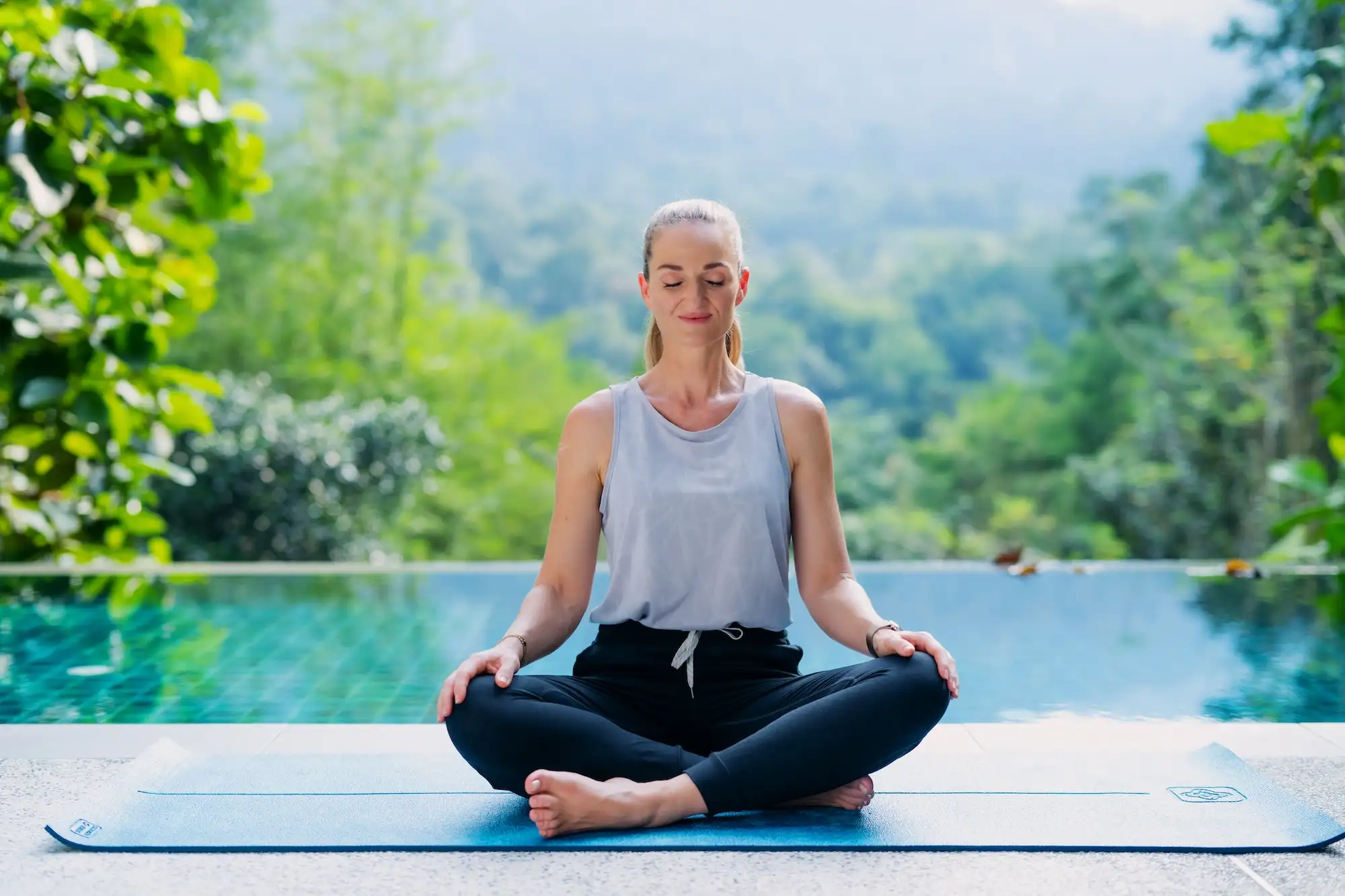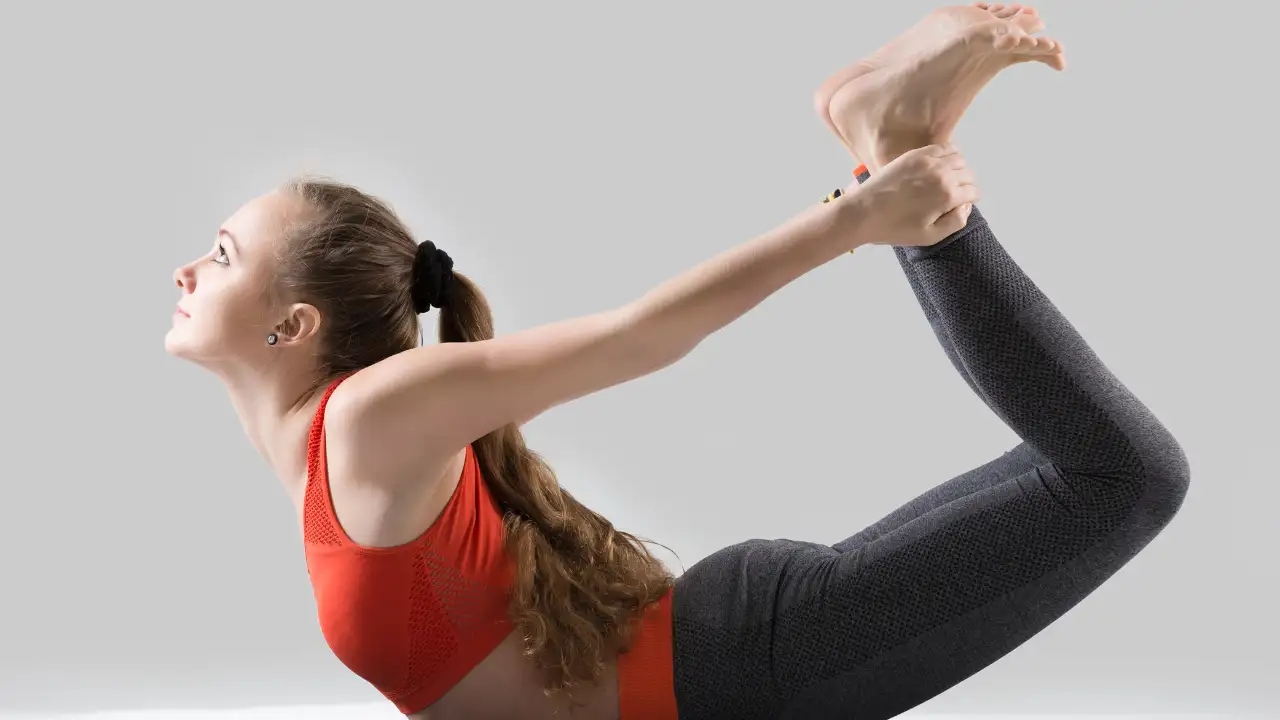Before beginning your quest to find peace within, you need to learn a few basic techniques for meditation. Click here to learn more about becoming educated…
Did you know that meditation can increase your resiliency to stress? It’s not just about taking into consideration the current stress that you’re experiencing; however, it also prepares you to deal with stress-inducing situations in your life without feeling the negative consequences.
While the health and well-being advantages of practicing meditation are unquestionable but many people find the idea of beginning the process of meditation difficult. Don’t be one individuals who allow uncertainty to keep them from transforming their lives.
Find out how you can prepare yourself for success and lead a life with less stress by following simple meditation exercises.
Nine Essential Meditation Tips for Beginners
The tips below can help you develop the correct mindset when it comes to meditation. Use one of them or all nine!
These tips can allow meditation, as well as all its health benefits easy for anyone to access.
Start Small
You think you can start meditating for an hour a day is a complete nonsense. There is no patience or the dedication to commit to a flims objective like that.
Create a goal of a smaller size that you can attain. A few minutes to a day of daily meditation is more sensible. If you find that even five minutes is too much, you can commit to three breaths of focus per day.
When you begin to notice the benefits of meditation throughout your day You will naturally increase the time you dedicate to meditation.
Start small, and then work your way up from there.
Don’t Succumb to All-Or-Nothing Thinking
In reality, squeezing in an entire day exactly at the same time, 7 days a week, over the duration of a set amount of time isn’t a good idea for the majority of people’s timetable.
It’s fine if you only manage a few minutes today, but you can do more later on and less following that. It’s not because you didn’t adhere to a strict schedule.
A belief that this practice of meditation represents an”all-or-nothing” obligation will put you in a position to fail.
Meditation practices that are informal can offer the same benefits for health and wellbeing as a formal meditation. It could be like taking a few deep breaths whenever you finish the task or begin with a new one.
Stay Comfortable
You can also sit in the ground. You can also take a seat in the chair. You can also lay on the grass.
Find a place and a position that’s comfortable for you. In general, a quiet space that isn’t a distraction is a great idea.
If you do decide to sit, you should practice an upright posture. Becoming at ease with your body and sensing the breath becomes easier when you stand tall.
In the end, you need to ensure that the experience is effortless and comfortable for yourself. If it’s not then you’ll be unable to remain with it.
Feel Your Breath
A simple act of focussing your attention on the rhythm of your breathing can give you an increase in the value of mindfulness.
If you can shift your attention and focus to something tangible like experiencing your chest expand while you breathe and out, you will be able to get away from thinking about concerns about your emotions, for example your list of tasks for the day ahead.
It’s normal to observe that your mind drifts from your breath when you meditate. It’s normal particularly when you’re just starting your practice.
Get your day started with mindfulness
Before the chaos of your life is a major factor in your daily life and makes you feel stressed make time to sit in meditation.
The beginning of the day by doing short meditation or a few minutes of mindfulness can shift your thinking patterns and attitude throughout the day.
Thoughts are powerful. Make use of it to help you relax your day.
Accept the Wandering
Your mind’s focus and thoughts will drift. It’s inevitable. Be patient to yourself, and acknowledge wandering is part of the process.
When you dedicate longer periods of meditation time, it gets more difficult to shut out distractions and concentrate completely. In the meantime, it’s perfectly acceptable to fall short of perfect meditation.
Take a count of your breaths, but with no number or goal of breaths to count. If you feel your mind is beginning to wander, begin counting back to “1”. This will help you refocus your thoughts in a manner that doesn’t punish your human nature.
Be Aware of Your Body
If the sensation of your breath doesn’t make sense for your situation, try this alternative. Concentrate on the awareness that your body has.
Begin with your toes and slowly work your way through each body part. As you shift your attention between the body parts, look the area for tension, pain or other feelings. Give the appendage a tiny motion to bring the sensation into movements.
Instead of constantly focusing on a single sensation, like breathing this method requires an equilibrating point of focus.
Use a Meditation Guide
Meditation can be successful if you focus your mind on something concrete or tangible instead of being the mental or emotional.
The practice of breathing and focusing on your body may not be sufficiently concrete for many people who practice of meditation. In these situations an aid to meditation can enhance the experience.
Smile
When you are done with every moment of meditation or contemplation, try to smile. You’ve done something beneficial to improve your mental and emotional wellbeing. You should feel happy about this.
The moment you finish your meditation with an euphoric and content feeling can create positive reinforcement for the next time you meditate. You are setting yourself up for achievement when you take a moment to recognize that you’ve finished your meditation and it was good. And yes that you’ll meditate next time.
Reap the Benefits of Meditation
If you decide to test any one, nine, or all of these techniques, meditative practice is a different experience that you decide. Find the method that is right for you, and begin reaping the benefits of less stress and a greater resistance to stress in the future.




